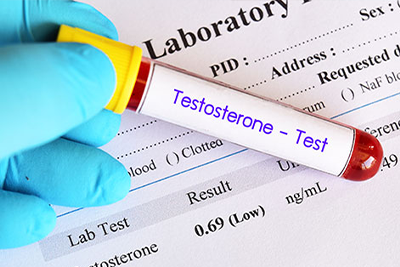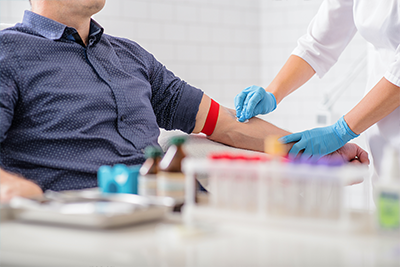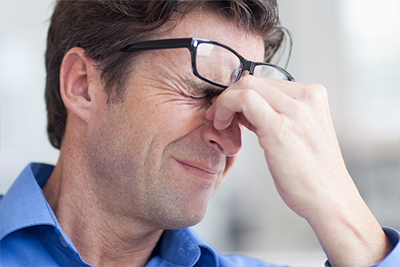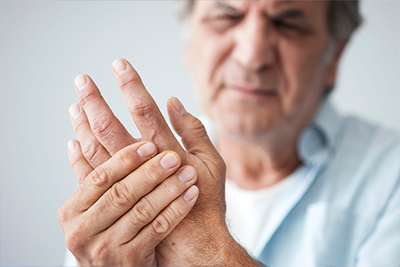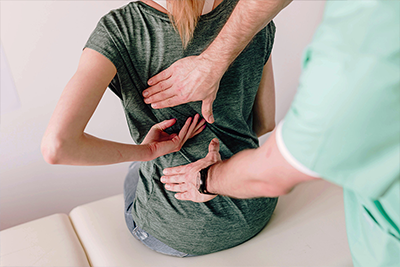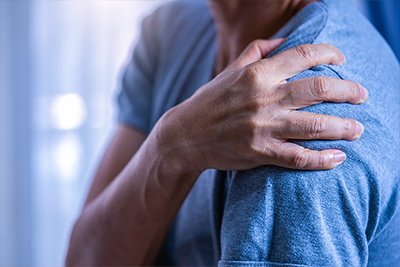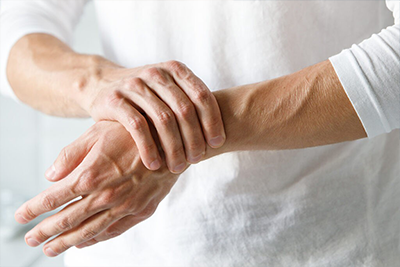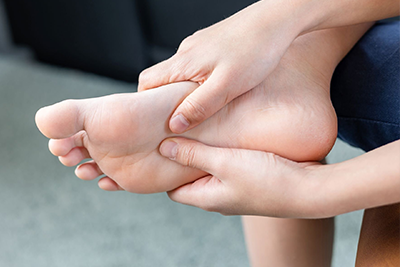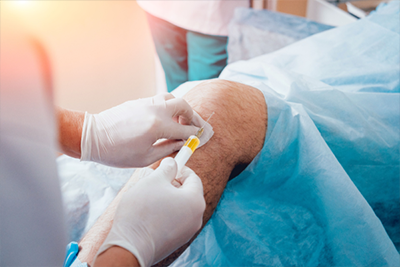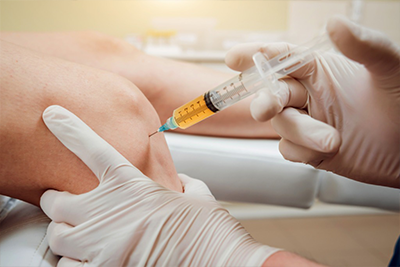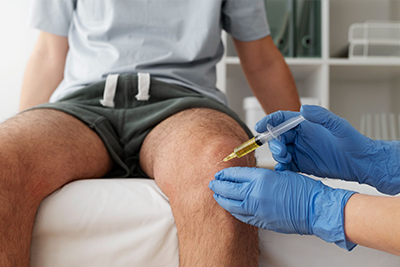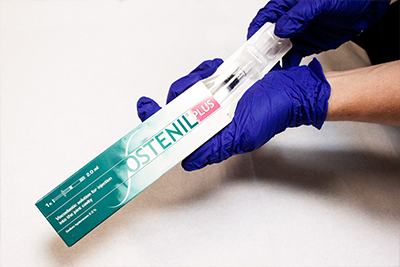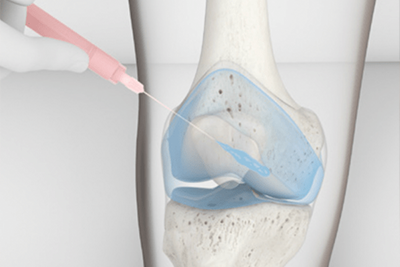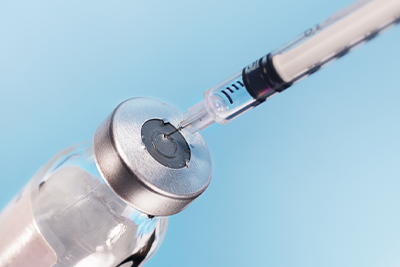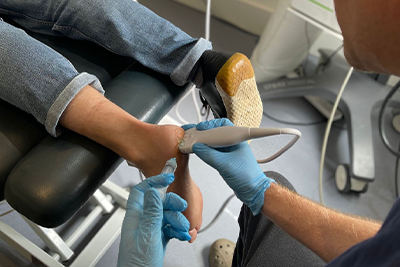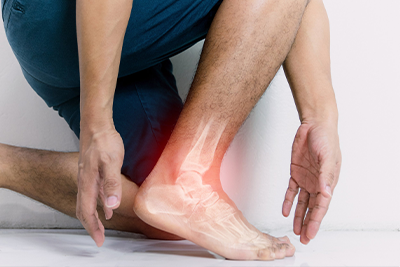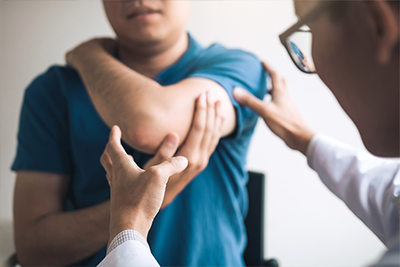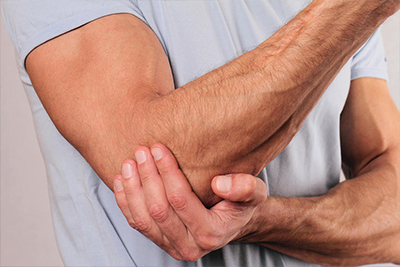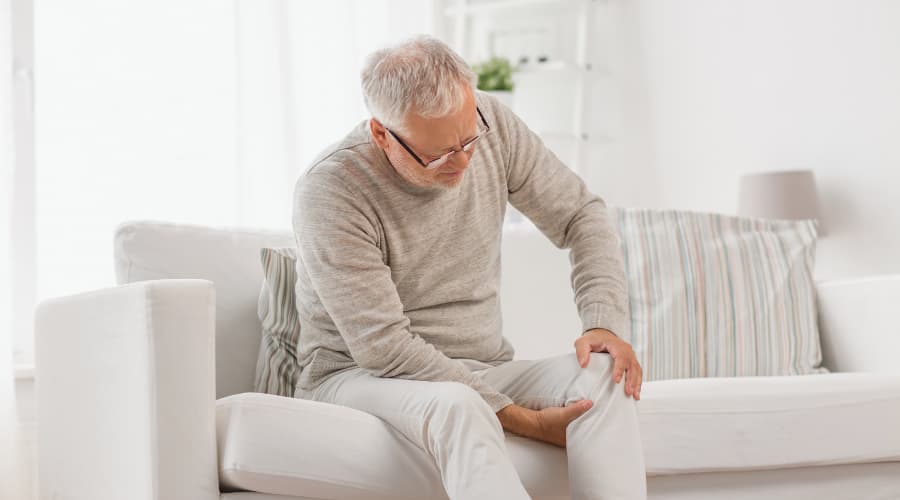At Vale Health Clinic, we understand that men’s health is multifaceted, with testosterone playing a key role in overall well-being. Testosterone is vital for sexual function, muscle growth, bone density, and energy levels. When testosterone levels drop below normal, a range of symptoms can affect your quality of life. Testosterone Replacement Therapy (TRT) is a proven solution for men suffering from low testosterone, offering relief from symptoms and helping restore balance to your health.
We cover everything you need to know about TRT, from understanding the symptoms of low testosterone to how TRT can help and what to expect from treatment.
What is Testosterone Replacement Therapy (TRT)?
Testosterone Replacement Therapy (TRT) is a medical treatment designed to restore testosterone levels to their optimal range in men diagnosed with low testosterone or hypogonadism. This therapy can be administered in several forms, including gels, patches, injections, or pellets placed under the skin. At Vale Health Clinic, we tailor the treatment to suit your lifestyle and specific needs, ensuring you receive the most effective form of therapy.
Many men experience symptoms of low testosterone as they age, including reduced libido, erectile dysfunction, fatigue, and muscle loss. TRT helps alleviate these symptoms by supplementing the body’s testosterone levels, allowing men to regain energy, vitality, and sexual function.
Symptoms of Low Testosterone
Low testosterone levels can present in a variety of ways, often impacting several areas of a man’s life. Here are some of the most common symptoms:
-
Erectile Dysfunction
Men with low testosterone frequently experience erectile dysfunction, although it’s important to rule out other causes, such as cardiovascular disease or psychological factors.
-
Low Libido
Testosterone plays a critical role in sex drive. A drop in testosterone often results in decreased interest in sexual activity.
-
Hair Loss
Testosterone contributes to hair growth, including facial and body hair. Significant hair loss in previously hairy areas may indicate a testosterone deficiency.
-
Infertility
Testosterone is essential for sperm production. Men with low testosterone often have a reduced sperm count, which can lead to difficulties with fertility.
-
Fragile Bones
Osteoporosis, a condition where bones become weak and brittle, is often linked to low testosterone levels. Testosterone helps maintain bone density by converting it into oestrogen, a hormone critical for bone health.
-
Muscle Loss
Testosterone is a driver in building and maintaining muscle mass. Men with low levels may notice muscle weakness or atrophy over time.
-
Fatigue
Persistent fatigue and lack of energy are common in men with low testosterone. This is often due to the hormone’s role in regulating energy production and metabolism.
-
Mood Swings and Mental Clarity
Low testosterone can affect mood, leading to irritability or depression. Additionally, men may notice decreased mental sharpness and concentration.
Understanding Testosterone Levels
The normal range for testosterone in adult men is typically between 300 and 1,000 nanograms per decilitre (ng/dL), though this can vary slightly depending on the testing laboratory. Levels naturally fluctuate throughout the day, peaking in the morning. Factors like age, obesity, and certain medications can also affect testosterone levels.
If you’re experiencing symptoms of low testosterone, it’s essential to have your levels tested. Vale Health Clinic will evaluate your testosterone levels and review your symptoms to determine whether TRT is appropriate for you.
Is TRT Right for You?
Not every man with low testosterone requires TRT. The therapy is best suited for those with persistent, troubling symptoms that affect daily life, along with confirmed low testosterone levels through blood tests. At Vale Health Clinic, we follow a holistic approach, considering lifestyle factors such as stress, diet, and sleep, which may also affect hormone levels.
Before starting TRT, our doctors will perform a detailed assessment to ensure your treatment is safe and appropriate. This includes checking for any underlying health conditions, such as sleep apnoea or prostate issues, which could be affected by testosterone therapy.
Methods of Administering TRT
There are several methods for administering TRT, and your doctor will recommend the one that best fits your needs:
-
Gels and Creams
Testosterone gels or creams, applied to the skin daily, offer a convenient, non-invasive option. These are absorbed through the skin, providing a steady release of testosterone.
-
Patches
Transdermal patches are worn on the skin, releasing testosterone slowly throughout the day. They are usually applied daily and can be placed on different areas of the body.
-
Injections
Testosterone injections are administered weekly or bi-weekly, delivering a controlled hormone dose. This method is popular due to its effectiveness and the ability to tailor dosing.
-
Implants
Testosterone pellets can be implanted under the skin, usually in the buttocks, providing a slow and steady release of testosterone over several months.
Each method has advantages and potential drawbacks, which your healthcare provider will discuss during your consultation.
What to Expect from TRT?
If you decide to pursue TRT, you must understand the treatment process and how it may affect you. The effects of TRT can vary depending on the individual, the method of administration, and dosage. Most men begin to notice improvements in symptoms within a few weeks, though it may take several months to see the full benefits.
We ensure regular follow-up appointments at Vale Health Clinic to monitor your progress. Routine blood tests will check testosterone levels, red blood cell counts, and prostate health. Your treatment plan may be adjusted to ensure optimal results and minimise side effects.
Are There Side Effects to TRT?
While TRT is generally safe when administered under medical supervision, some men may experience side effects. These can include acne, mood changes, or increased red blood cells, raising the risk of blood clots. There is also a potential link between TRT and prostate health, so regular prostate screenings during treatment.
At Vale Health Clinic, our doctors prioritise your safety, ensuring that any potential risks are managed carefully with routine monitoring and check-ups.
Consultation at Vale Health Clinic
If you think you might be suffering from low testosterone, don’t wait to seek help. At Vale Health Clinic, we specialise in men’s health and offer comprehensive evaluations to determine if Testosterone Replacement Therapy is right for you. Our team supports you at every step, from initial diagnosis to ongoing care.
Regain your energy, confidence, and vitality. Contact Vale Health Clinic today to book your consultation and take the first step towards better health.
Related Articles
- The Potential of Testosterone Replacement Therapy: Benefits, Risks, and Myths
- Lifestyle Changes to Boost Testosterone Levels Naturally
- Understanding the Link Between Testosterone and Erectile Dysfunction
- Understanding the Signs and Symptoms of Low Testosterone Every Man Should Know About
- Testosterone Replacement Therapy and Cardiovascular Health


